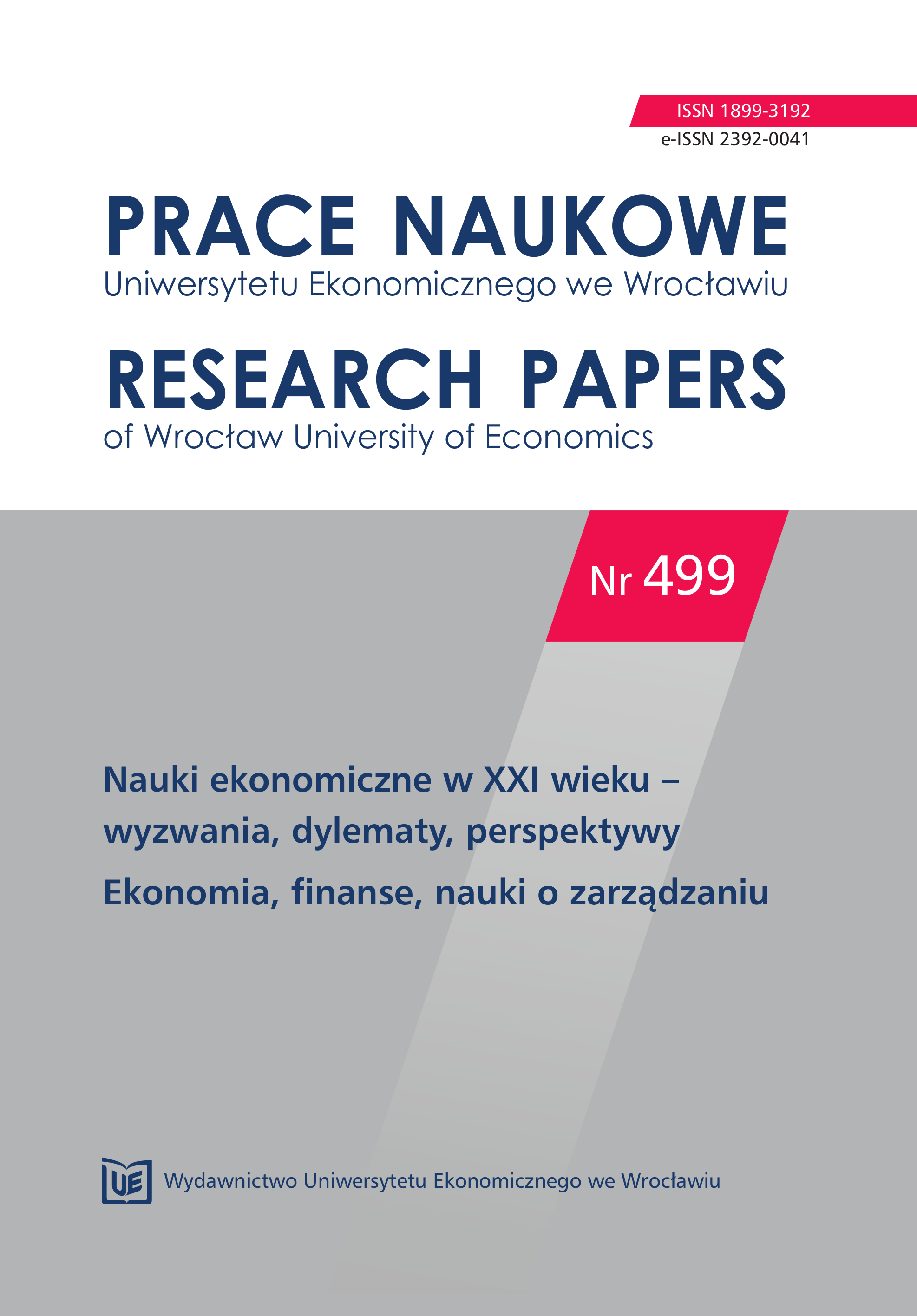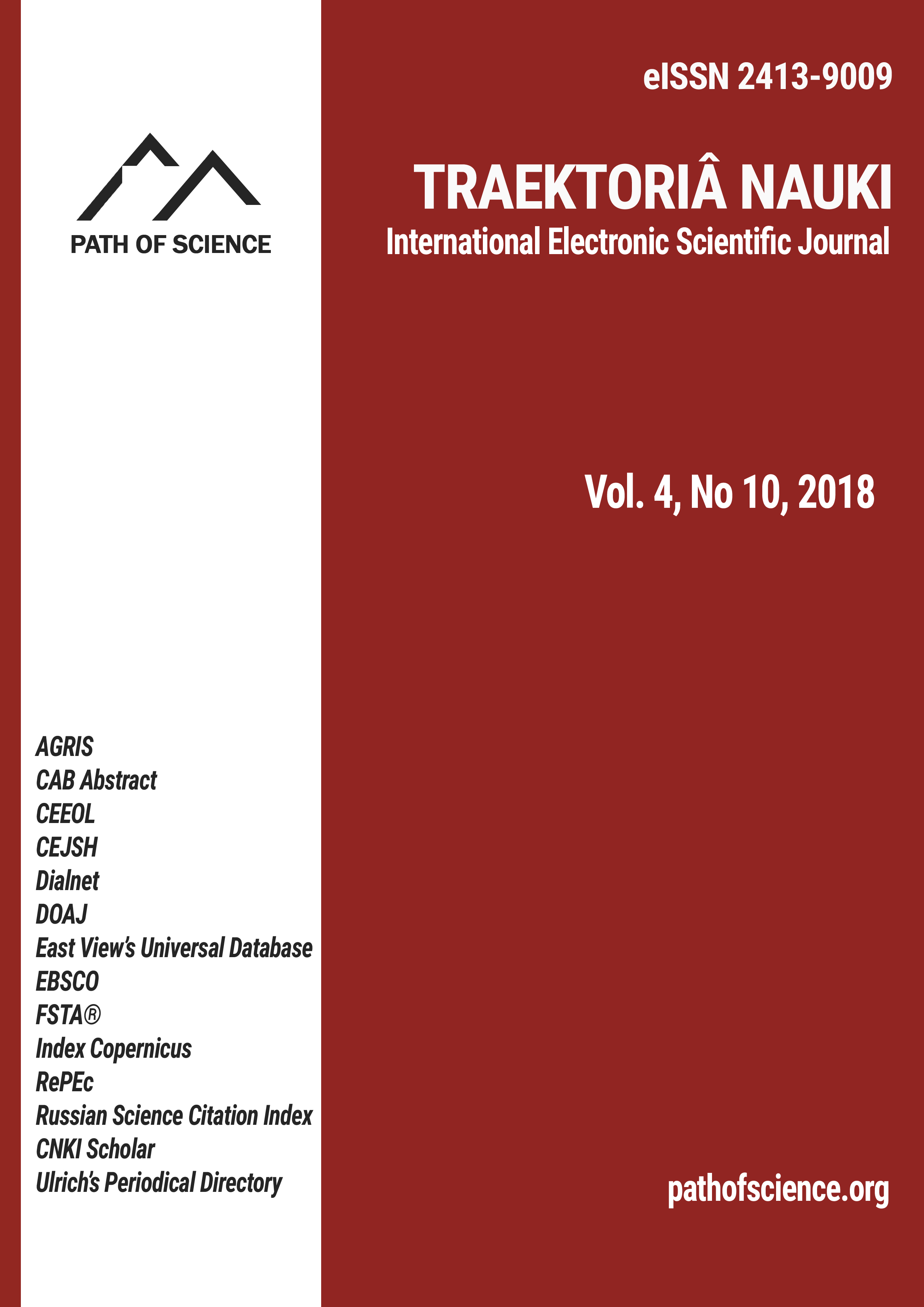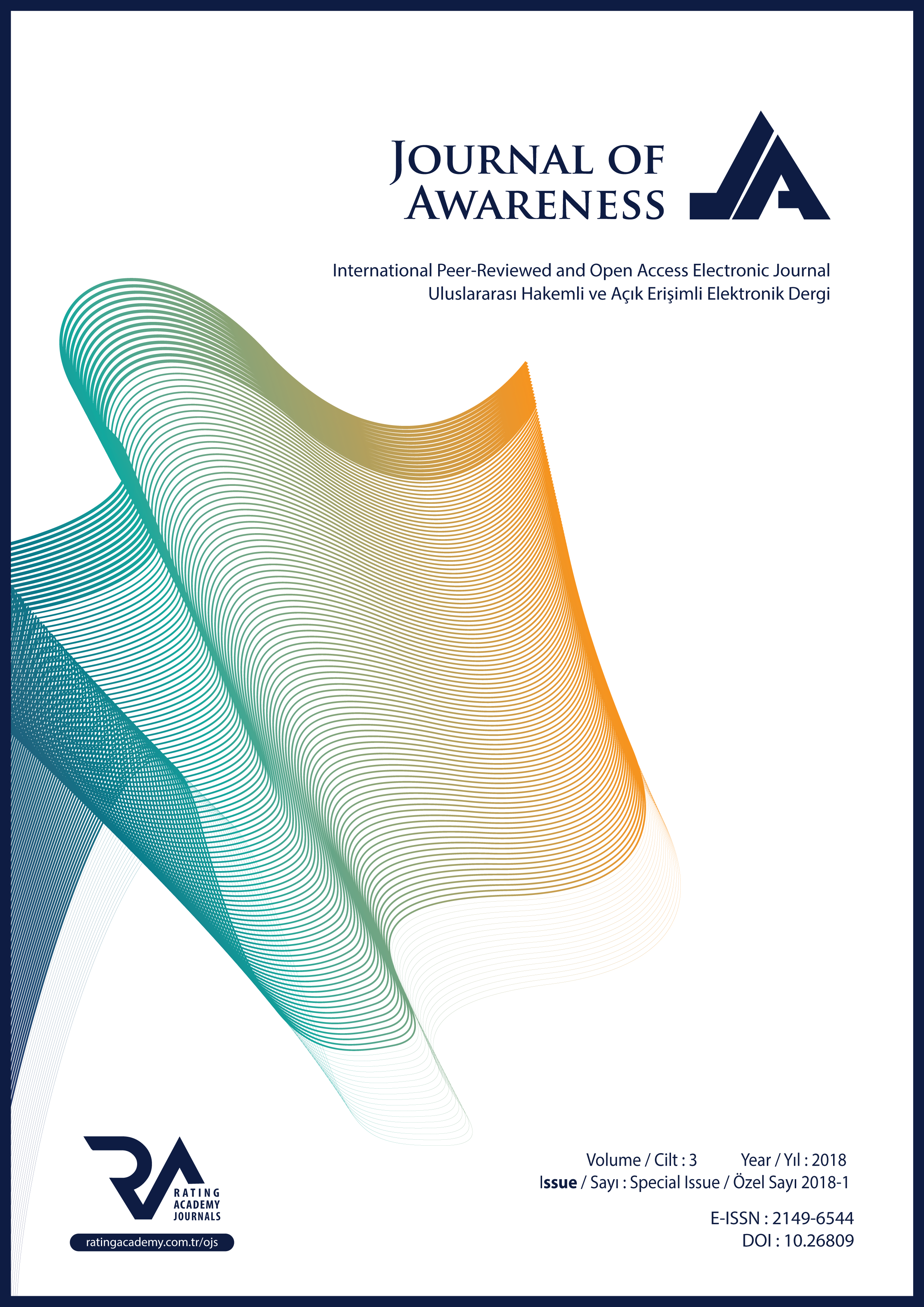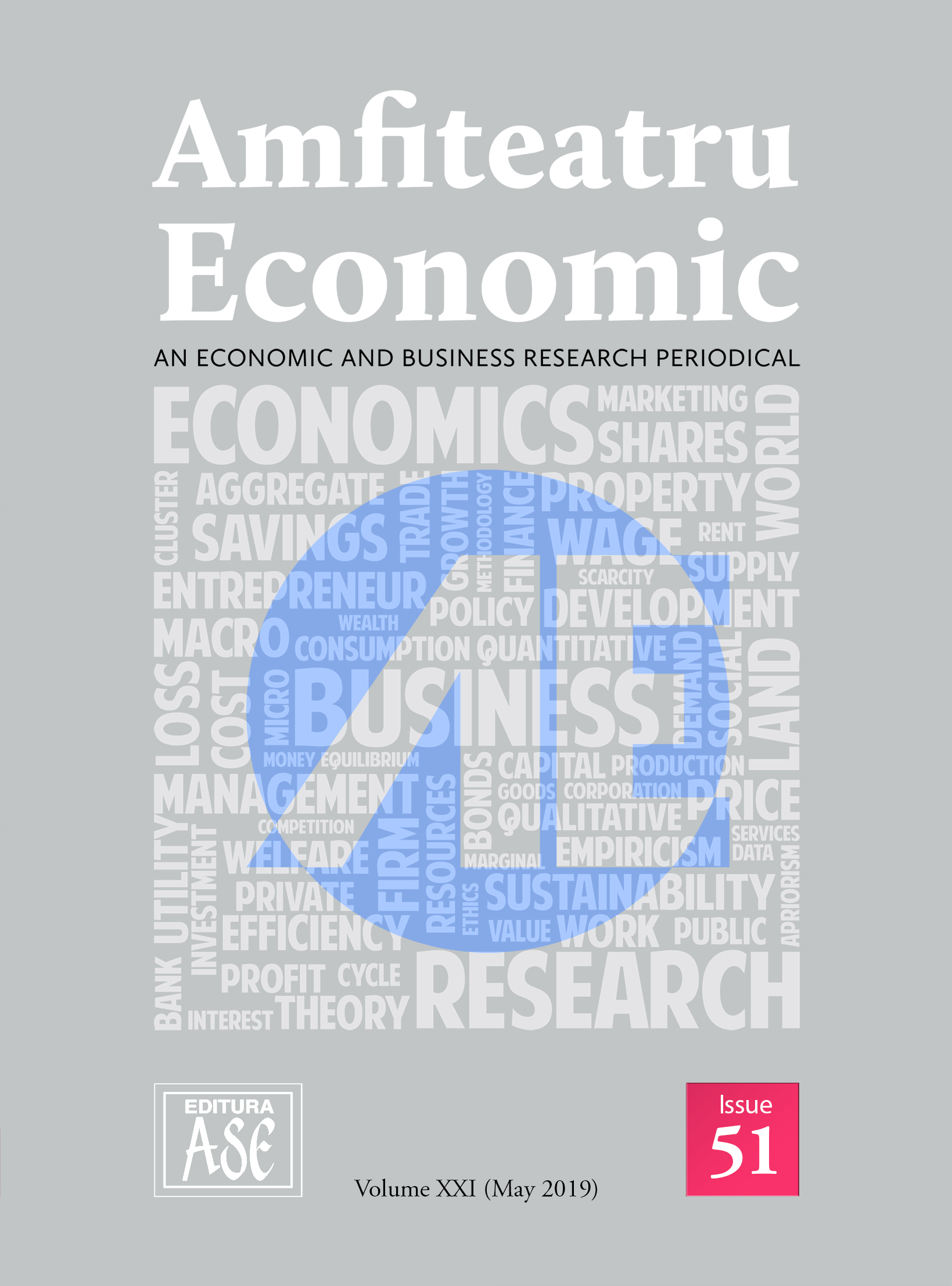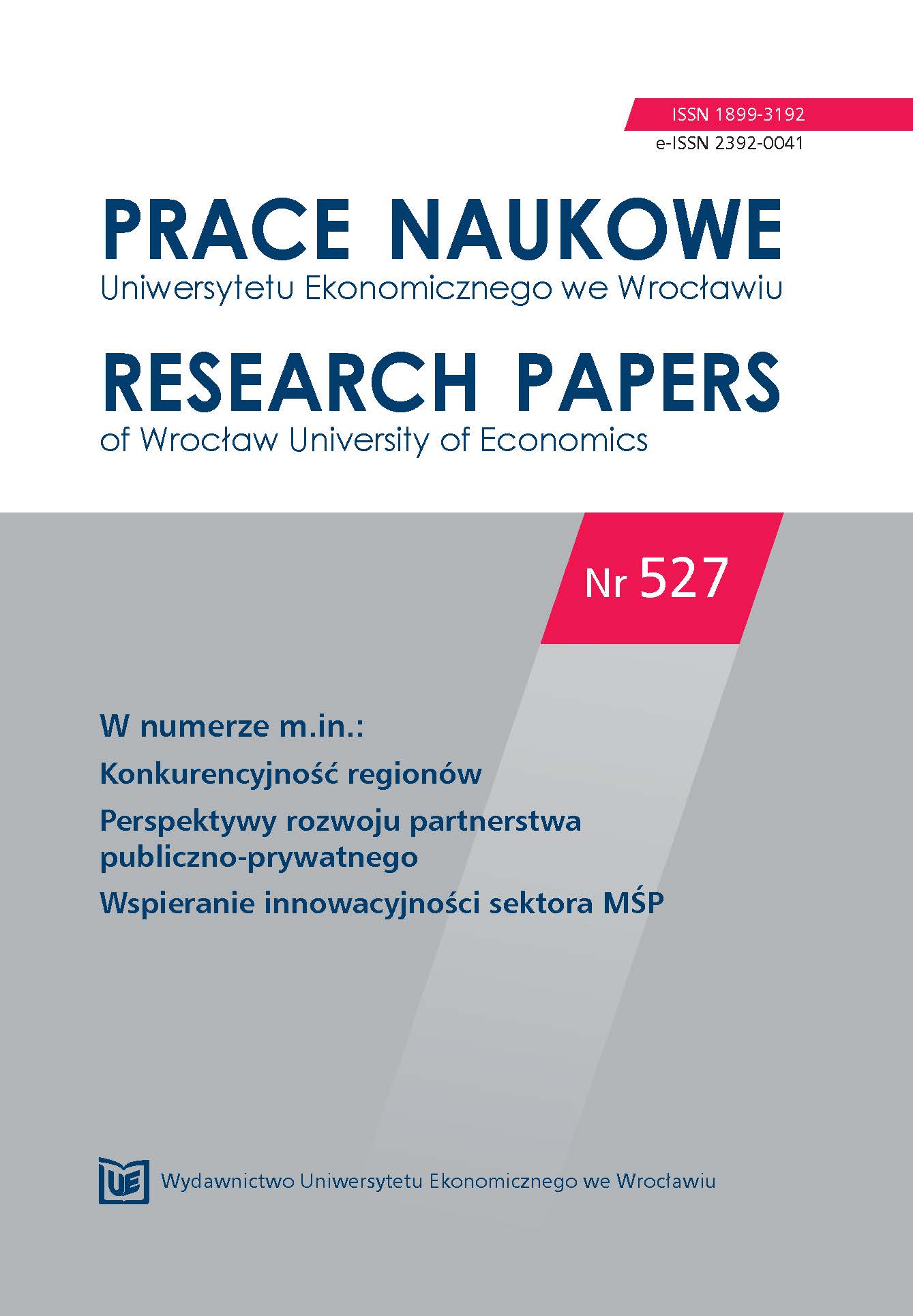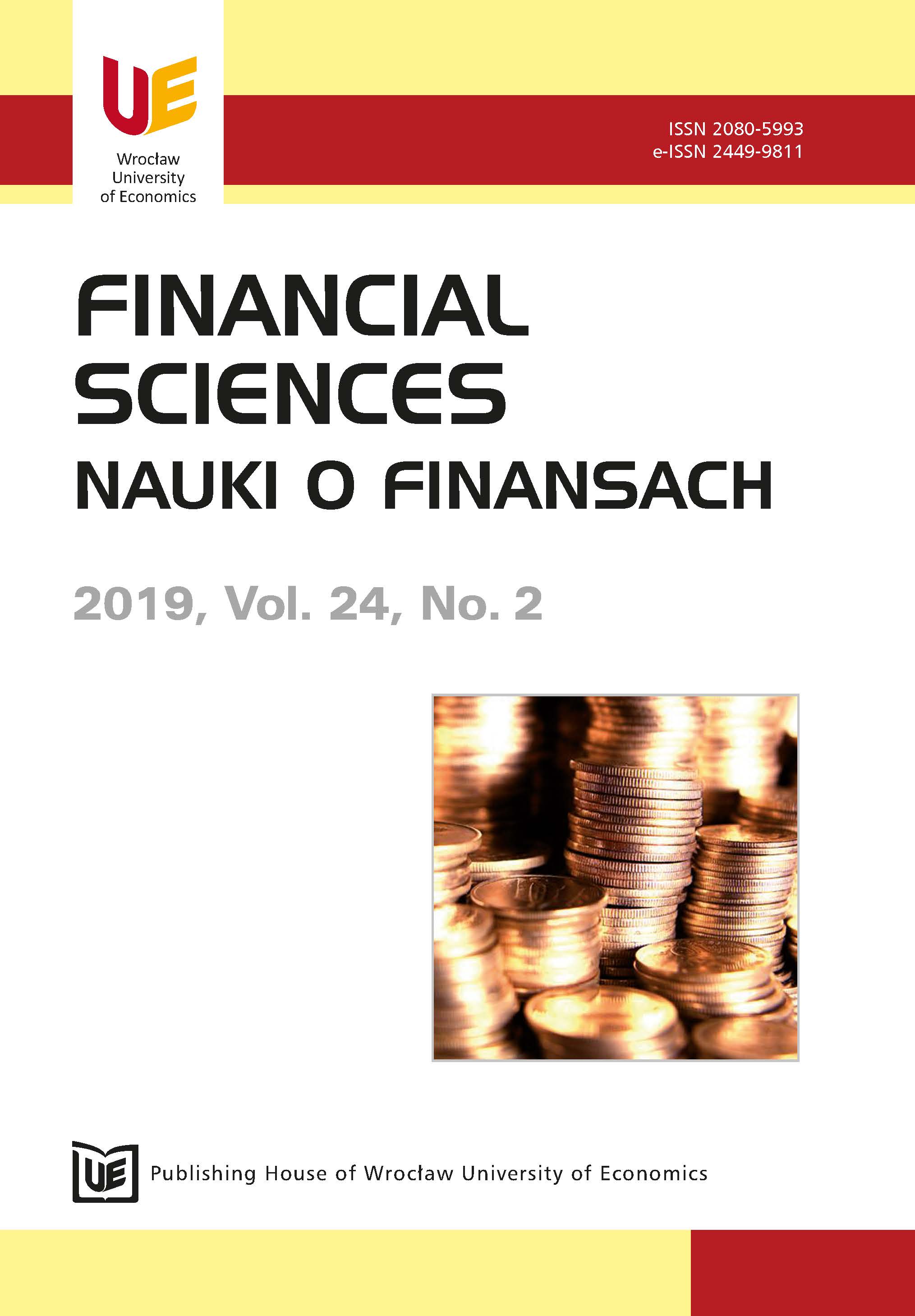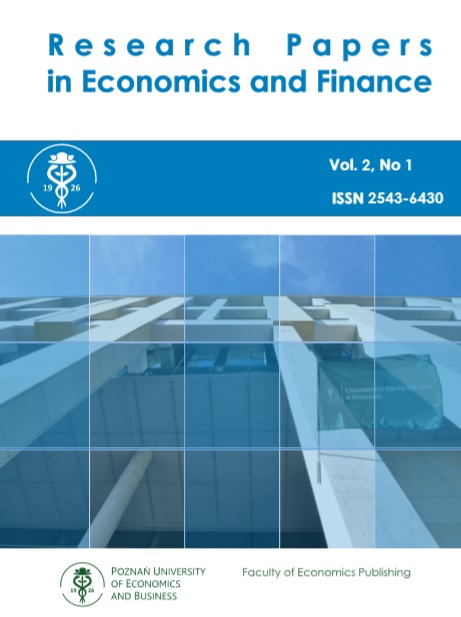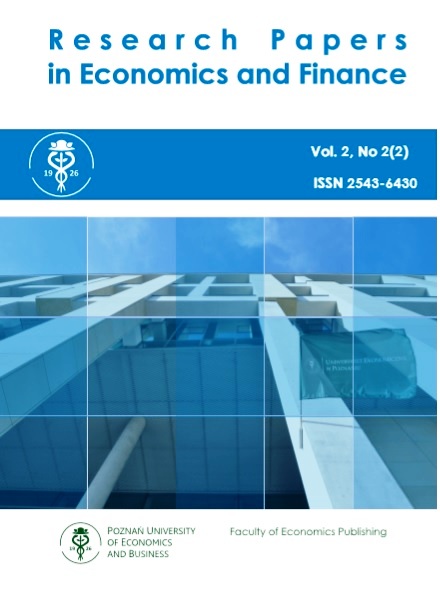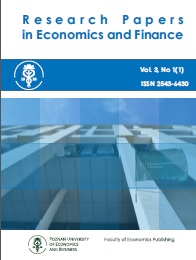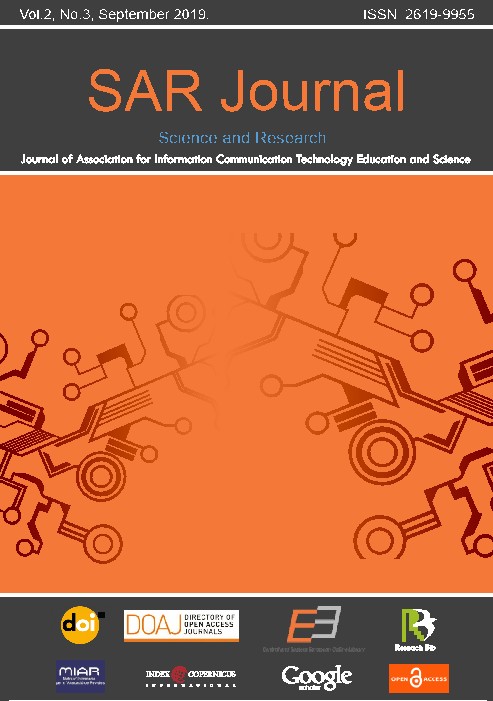Author(s): Magdalena Bobe,Roxana Procopie,Mihaela Bucur / Language(s): English
Issue: 51/2019
Ensuring a sufficient level of food for the population in both quantitative and qualitative terms is a priority for most countries as well as for governmental and non-governmental bodies – be they national, regional or international. The United Nations (UN) stresses the fact that one of the biggest problems the world is facing today is food insecurity. Most people enjoy food security, but the reverse is an unquestionable daily reality for nearly a billion people around the world.The concept of food security has had different meanings at different times, the definition changing over the years but the fundamental concept behind it remaining the same. When defining food security, we have to adopt a comprehensive approach, taking into account the economical, political, social and cultural factors that shape it, as well as find practical solutions to ensure its continued existence. Thus, resolving the food problem and ensuring food security must start from studying the relationship between consumption needs and the available food resources, rely on anthropometric research methods, and target population segments according to their biological needs.Starting from the study of the conceptual framework offered by the specialized literature, the present paper aims to clarify and identify the aspects which lie at the basis of studying the food security / insecurity for a population, through exploratory research.The exploratory research of an individual’s food and nutritional security allows for a profound understanding of the concept, the factors that affect it and the interdependence between them, it also ensures a qualitative information gathering process. The results of the study may develop into measures aimed at improving individual food security as part of national food security.This research is done through the method of survey among the students of the Faculty of Business and Tourism, part of the Academy of Economic Studies. The statistical tool used was a questionnaire to identify the nutritional status of the respondents, but also their eating habits.Starting from the necessity of correcting imbalances in the behaviour related to food consumption, our scientific approach can be used to establish solutions for improving food consumption at the individual level, as a dimension of food security, for a segment of the population in Romania.
More...
